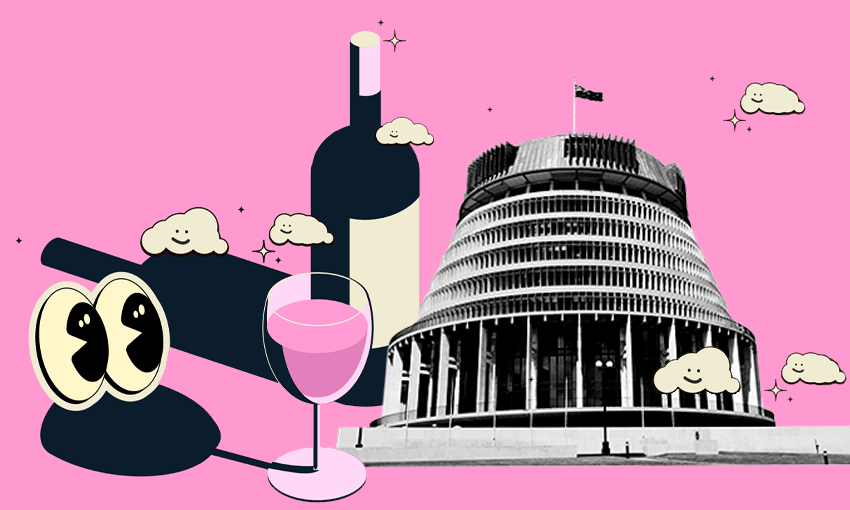KEY POINTS:
- Peter Dutton ‘not much further down the track’ on Voice decision.
- Opposition leader to meet working group over the Voice.
- He will dial in remotely after attending George Pell’s funeral in Sydney.
Peter Dutton says he is not “much further down the track” towards deciding whether to back a First Nations Voice to Parliament, just hours before meeting leading advocates of the proposal.
The Opposition leader will meet key architects of the Uluru Statement from the Heart on Thursday, who will attempt to convince him the Voice would make tangible improvements to the lives of Indigenous Australians.
Mr Dutton, who is yet to commit the Coalition to a position on the Voice, last month by providing insufficient detail to the Australian people.
Australians will vote on a Voice to Parliament this year. Source: AAP / Aaron Bunch
He told 2GB radio on Thursday that progress had stagnated since he sent a letter to Prime Minister Anthony Albanese in January, outlining 15 questions about how the body would function.
“The prime minister has made a decision, and it’s a political decision, that he will hold the referendum sooner than what he first proposed, and he’s not going to provide the detail to the Australian public,” he said.
“I asked 15 reasonable questions. In his response to me, none of those questions have been answered. I don’t know why, but that’s a decision for him. So we’re not too much further down the track.”
Mr Dutton will dial into the meeting remotely, having attended the funeral of Archbishop George Pell in Sydney, and the Coalition’s Indigenous affairs spokesman Julian Leeser will also be present.
The meeting will include a presentation from Uluru Statement co-chairs Pat Anderson and Megan Davis, as well as the Cape York Institute’s Noel Pearson, on the grassroots process leading up the proposal.
‘Bring the country together’
Uluru Statement co-chair Megan Davis says the Voice should be above ‘partisan politics’. Source: AAP
The Voice was first proposed in the 2017 Uluru Statement from the Heart, the result of a two-year consultation with Indigenous communities – dubbed the regional dialogues – and a summit of delegates at Uluru.
Professor Davis, a Cobble Cobble woman, was hopeful the meeting would “clarify” the significance of the Voice to Indigenous Australians, and the country as a whole.
“[Mr Dutton] wasn’t as fortunate as others in the room to have been involved in the grassroots Dialogues, where First Nations Peoples passionately shared their frustration at not having a say in the laws and policies that are too often imposed upon them,” she said.
“The Uluru Statement from the Heart is a historic First Nations consensus on the way forward in Australia. It represents the wish of First Nations Peoples throughout the country who want a better future, and a change that delivers better practical outcomes on the ground in Communities.”
The Voice is designed to provide advice to government as it forms policy on issues impacting Indigenous Australians.
Professor Davis said the Coalition backing the proposal, which will be put to Australians in a referendum at the end of this year, would “bring the whole country together”.
“Our people know that when they are heard, they do get better outcomes for their communities, for their families,” she said.
“We gifted the Uluru Statement from the Heart to the Australian people, not politicians, because it is too important to get caught up in partisan politics.”






















Discussion about this post